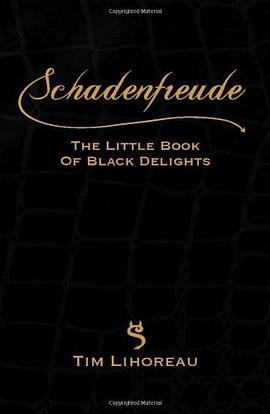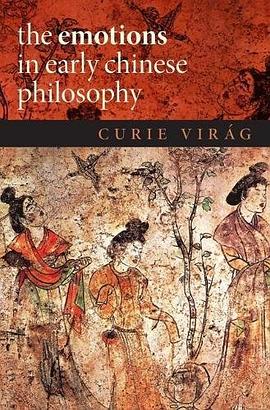

Breaking off the ordinary flow of experience, the passions create a state of exception. In their suddenness and intensity, they map a personal world, fix and qualify our attention, and impel our actions. Outraged anger drives us to write laws that will later be enforced by impersonal justice. Intense grief at the death of someone in our life discloses the contours of that life to us. Wonder spurs scientific inquiry. The strong current of Western thought that idealizes a dispassionate world has ostracized the passions as quaint, even dangerous. Intense states have come to be seen as symptoms of pathology. A fondness for irony along with our civic ideal of tolerance lead us to prefer the diluted emotional life of feelings and moods. Demonstrating enormous intellectual originality and generosity, Philip Fisher meditates on whether this victory is permanent-and how it might diminish us. From Aristotle to Hume to contemporary biology, Fisher finds evidence that the passions have defined a core of human nature no less important than reason or desire. Traversing the Iliad, King Lear, Moby Dick, and other great works, he discerns the properties of the high-spirited states we call the passions. Are vehement states compatible with a culture that values private, selectively shared experiences? How do passions differ from emotions? Does anger have an opposite? Do the passions give scale, shape, and significance to our experience of time? Is a person incapable of anger more dangerous than someone who is irascible? In reintroducing us to our own vehemence, Fisher reminds us that it is only through our strongest passions that we feel the contours of injustice, mortality, loss, and knowledge. It is only through our personal worlds that we can know the world.
具體描述
讀後感
評分
評分
評分
評分
用戶評價
導言+第一、二章, 晦澀且纏繞:Key passions determine genres or literary kinds;What a protagonist feels and what we feel watching him in his impassioned state are interwoven,but distinct,adjacent states of arousal;Within anger occur at once obstinacy&irritability while fear embodies the negation of our own self-understanding;from the excitation to the exhaustion.
评分導言+第一、二章, 晦澀且纏繞:Key passions determine genres or literary kinds;What a protagonist feels and what we feel watching him in his impassioned state are interwoven,but distinct,adjacent states of arousal;Within anger occur at once obstinacy&irritability while fear embodies the negation of our own self-understanding;from the excitation to the exhaustion.
评分導言+第一、二章, 晦澀且纏繞:Key passions determine genres or literary kinds;What a protagonist feels and what we feel watching him in his impassioned state are interwoven,but distinct,adjacent states of arousal;Within anger occur at once obstinacy&irritability while fear embodies the negation of our own self-understanding;from the excitation to the exhaustion.
评分導言+第一、二章, 晦澀且纏繞:Key passions determine genres or literary kinds;What a protagonist feels and what we feel watching him in his impassioned state are interwoven,but distinct,adjacent states of arousal;Within anger occur at once obstinacy&irritability while fear embodies the negation of our own self-understanding;from the excitation to the exhaustion.
评分導言+第一、二章, 晦澀且纏繞:Key passions determine genres or literary kinds;What a protagonist feels and what we feel watching him in his impassioned state are interwoven,but distinct,adjacent states of arousal;Within anger occur at once obstinacy&irritability while fear embodies the negation of our own self-understanding;from the excitation to the exhaustion.
相關圖書
本站所有內容均為互聯網搜索引擎提供的公開搜索信息,本站不存儲任何數據與內容,任何內容與數據均與本站無關,如有需要請聯繫相關搜索引擎包括但不限於百度,google,bing,sogou 等
© 2025 qciss.net All Rights Reserved. 小哈圖書下載中心 版权所有




















